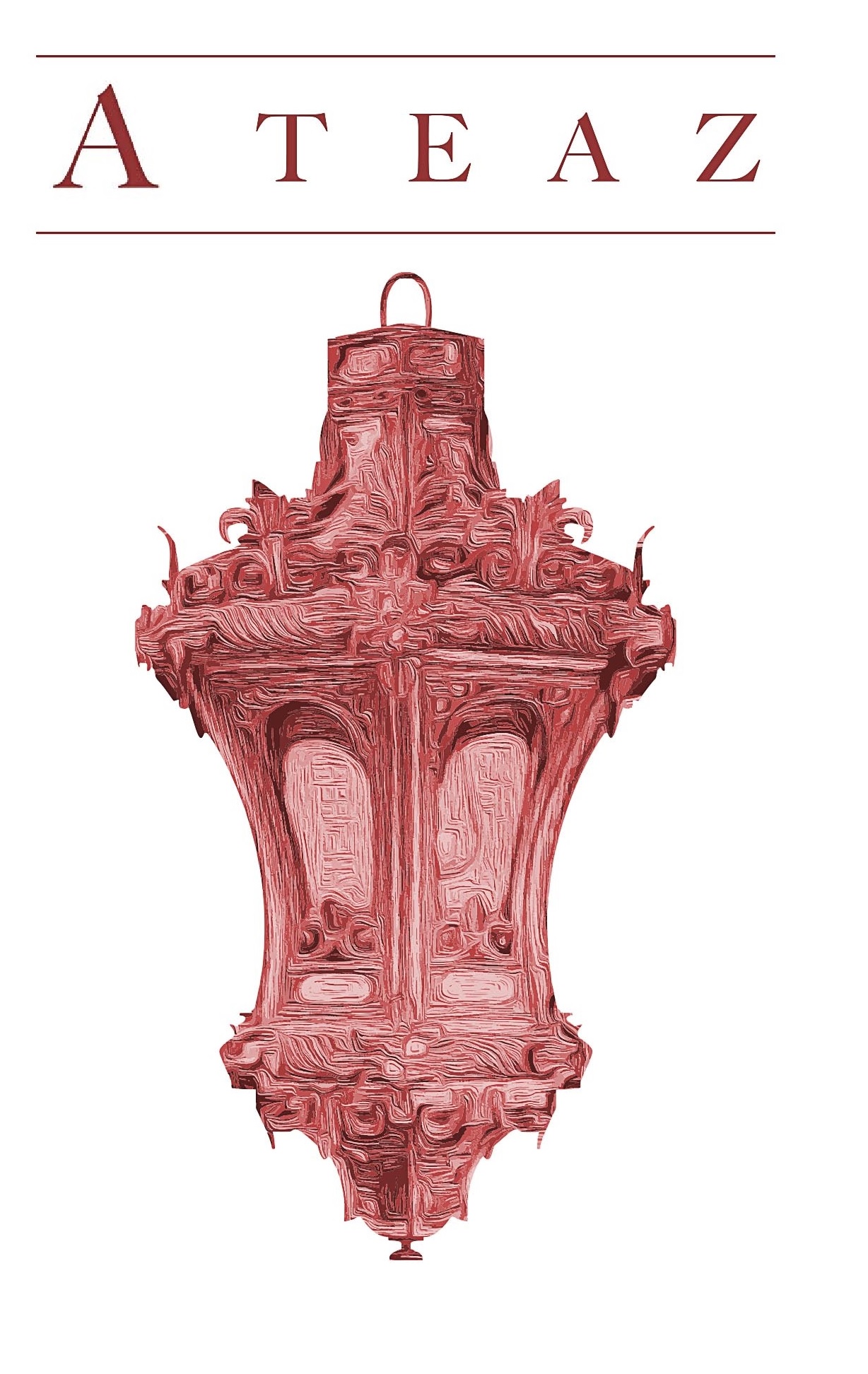A healthier and more eco-friendly approach to producing food is developing without chemicals. The safe and eco-friendly technique eliminates the utilization of any toxic herbicides and pesticides to crop production. Organic fertilizers such as compost and mulch, are much more safer and advantageous to the harvest than your ordinary toxic pesticide treatment. Organic coffee, or for that matter any kind of organic crop, gains advantage from the pure nutrients that they absorb from the soil, and thereby significantly boosting their flavor. The term organic agriculture is often closely associated with fair trade methods and ethical trading, which opens up possibilities for conscientious consumers to shop for goods that comply with the norms that fair trade advocates for. Consequently, this helps producers in impoverished nations retain improved trading, which in turn provides alternatives for more sustainable living.
Health Advantages
Some of the health risks associated with taking in large amounts of coffee is often related to the chemical substance and pesticide derivatives present in it, instead of the coffee beans or even the brew itself. Organic coffee greatly removes the harmful risks because of the lack of chemical pesticides. Shade-grown coffee ensures the preservation of nutrients which are inside the coffee naturally, by cutting down sun exposure that bleaches vital elements in the top soil. The following are the main advantages of drinking certified organic coffee:
Benefits
High amounts of antioxidants, minerals and vitamins.
Pesticide and herbicide free fertilizer, which minimizes the risk of toxic chemical consumption
Natural energy booster - organically-grown coffee contains caffeine in its most basic form
Higher levels of antioxidants versus conventionally-grown coffee, which translates into better protection against a variety of diseases
Shade-Grown Coffee Benefits
The benefits of shade grown organic coffee are extensive. Traditionally, all coffee used to be shade grown, but in more recent times hybrids of coffee were introduced to increase the production. Due to supply and demand, growers cut down trees which offered shade, exposing considerable forest area and expending natural soil reserves. As a result, species habitat was affected, resulting in a serious loss of animal and bird inhabitants. Besides the substantial environmental problems, shade grown coffee aids the soil by keeping a forest-like structure, sustaining species inhabit and minimizing soil deterioration. In terms of flavor, shade-grown coffee is much more palatable than conventional coffee; the coffee beans mature at a slow pace, therefore it yields robust coffee beans.
Oddly enough organic goods are slightly more expensive, in spite of it's lack of dependence on pricey chemical pesticides. This inflated cost is associated with the economies of scale, together with the time and effort that fair trade agriculture involves. Many people feel the value of organically grown items are marginal and essential to sustain a healthier standard of living and environment.

